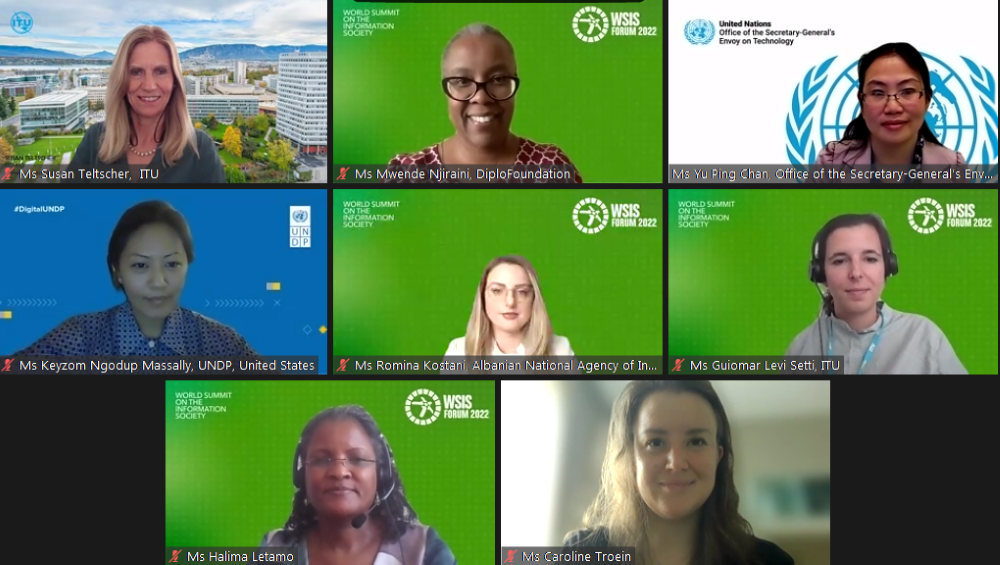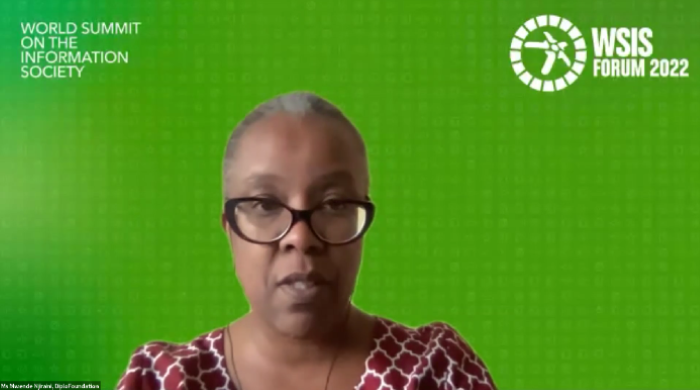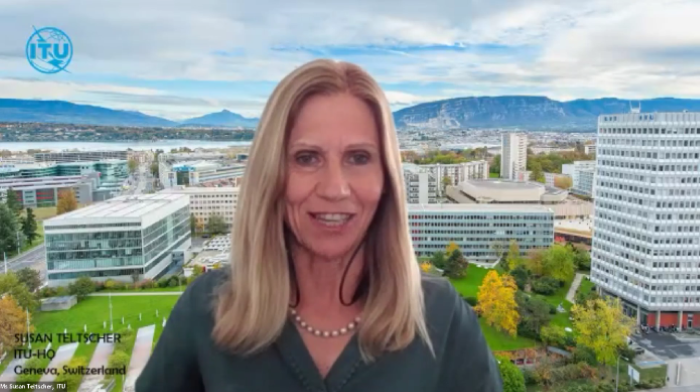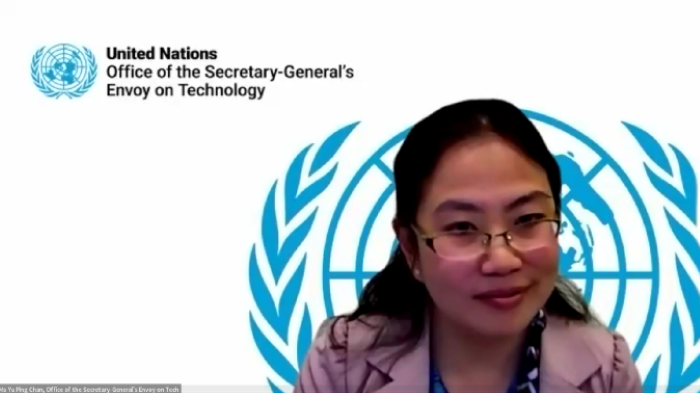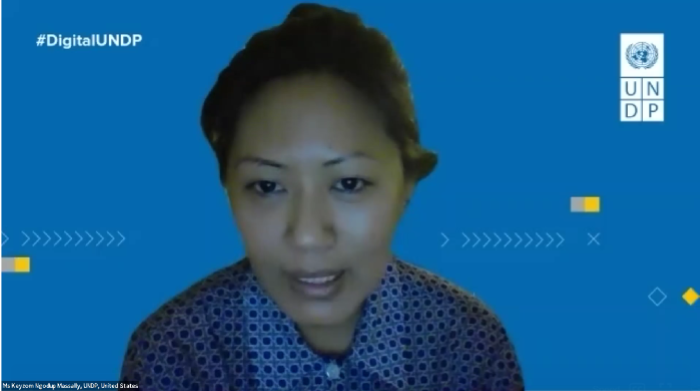WSIS Action Line C4
International Telecommunication Union, UNDP, UN OSET
Session 365
Meeting the demand for digital capacity development
Despite the unprecedented growth in digital technologies over the past two decades, 2.9 billion people worldwide (37% of the global population) are still not using the Internet, with 96% of them living in developing countries.[1] While the access divide is close to being bridged, with 95% cent of the world’s population now living within range of a mobile broadband network, important barriers to Internet usage remain, including the lack of digital skills to successfully engage in the digital ecosystem. Furthermore, there is a growing demand for digitally skilled workers across all economic sectors and geographic regions. Opportunities for capacity and skills development in the field of digital technologies are therefore huge. Policy makers and the business sector alike are therefore developing strategies and policies to address this demand and to help people grow the skills and attitudes that individuals and organizations need in order to thrive online.
To address policy makers in these efforts, ITU and UNDP have launched a Joint Facility for Digital Capacity Development to leverage ITU’s specialized knowledge in ICTs and UNDP’s country reach, and to support those not currently served by existing digital capacity development resources or channels. In collaboration with the UN Tech Envoy’s office, the Joint Facility stands in support of the UN Secretary-General’s Roadmap for Digital Cooperation, which calls for “a broad multi-stakeholder network to promote holistic, inclusive approaches to digital capacity-building for sustainable development”.
The objective of this session is to take a deep dive into the demand for digital skills and capacity development from a user perspective, which will inform suppliers of capacity development services from the UN family and other stakeholders.
The session will feature a diverse panel of individuals and organizations who will address the following questions:
· Where are the main digital skills gaps at the national level?
· What are the current underserved areas when it comes to capacity development demand?
· What can policy makers do to address those gaps and implement sustainable digital capacity development programmes?
· How can the international community best support those efforts?
The session will offer opportunities for audience interaction through polls, surveys, or other engagement tools.

She holds a MSc. Degree in Information Systems, a Master’s degree in EU Business Law and a Bachelor Degree in Business-Informatics by the University of Tirana and has experience in university teaching of information systems. During the past couple of years, she has worked on the digitalization of public services, the development and promotion of the e-Albania e-Government Portal, interoperability of systems and open data, transposition of EU ICT Acquis to the Albanian law, ICT innovation in public administration, start-up incubation programs etc.
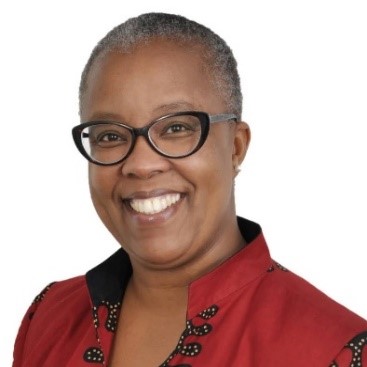
She is facilitating various projects in Africa. She is an engineer by profession and worked at the Communications Authority of Kenya in various capacities for over 20 years.
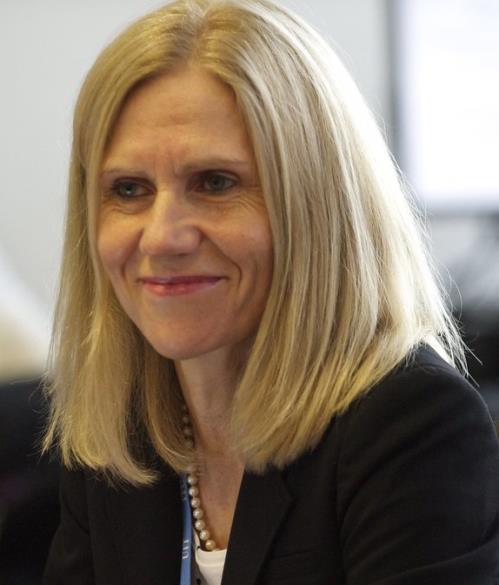
She is responsible for ensuring the delivery of ICT-related capacity development activities and projects, with the objective to enhance knowledge and skills in the field of ICT, in particular in developing countries. She has also served as Head of the ITU Statistics Division at ITU where she was responsible for the collection, harmonization, analysis and dissemination of ICT statistics worldwide, and for the production of analytical reports on global and regional trends in ICT, including the annual ITU Measuring the Information Society Report and the ICT Development Index. Before joining ITU in July 2008, she was Chief of the ICT Policy and Analysis Unit, ICT and EBusiness Branch, of the United Nations Conference on Trade and Development, Geneva. She holds a Ph.D. in Economic Geography in 1992 from the University of Washington (Seattle, United States).

He has 15 years of experience in the areas of Software Engineering, Advisory and IT Audit across Government and the private sector. He has led a range digital transformation projects at the National IT Authority, Uganda. He is a Certified Information Systems Auditor (CISA), PRINCE 2, Scrum Master, COBIT practitioner, TOGAF (Enterprise Architecture), ITIL and holds a Masters’ Degree in Data Communications and Software Engineering, Makerere University. He is currently pursuing an MBA at Amity University, India. He is also a Data Science and Big Data enthusiast and an active member of Data Science Africa and is currently co- authoring a book that will showcase best practices for organizations that seek to succeed on their digital transformation journey.
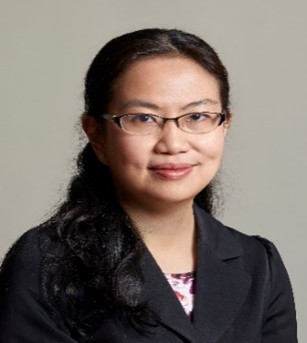
She coordinates the team’s work on follow-up to the Secretary-General’s Roadmap for Digital Cooperation and the digital-related aspects of his Common Agenda Report, and overall advocacy, engagement and coordination efforts to strengthen global digital cooperation and work on other emerging technologies. Yu Ping previously led the Policy and Regional Support teams in the United Nations Office of Counter-Terrorism. Prior to this, she worked in the UN’s Department of Political Affairs, and in the New York Office of the United Nations Office on Drugs and Crime. Before joining the UN Secretariat, Yu Ping was a diplomat in the Singaporean Foreign Service. She served at the Singapore Mission to the United Nations in New York and before this posting, in the Singaporean Ministry of Foreign Affairs’ department handling the Association of Southeast Asian Nations (ASEAN) and regional political and strategic issues. Yu Ping has a Bachelor of Arts (magna cum laude) from Harvard University, and a Masters of Public Administration from Columbia University’s School of International and Public Affairs.
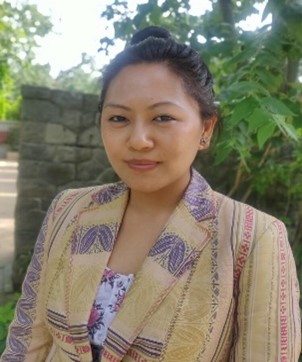
She leads work on the UN Principles for Responsible Digital Payments and am currently seconded to the Executive Office of UNDP, Chief Digital office.
-
 C4. Capacity building
C4. Capacity building
-
 C7. ICT applications: benefits in all aspects of life — E-learning
C7. ICT applications: benefits in all aspects of life — E-learning
ALC4
-
 Goal 4: Ensure inclusive and equitable quality education and promote lifelong learning opportunities for all
Goal 4: Ensure inclusive and equitable quality education and promote lifelong learning opportunities for all
